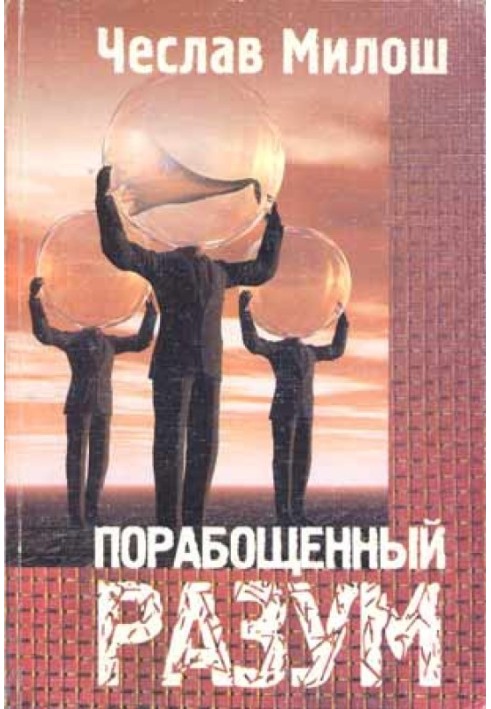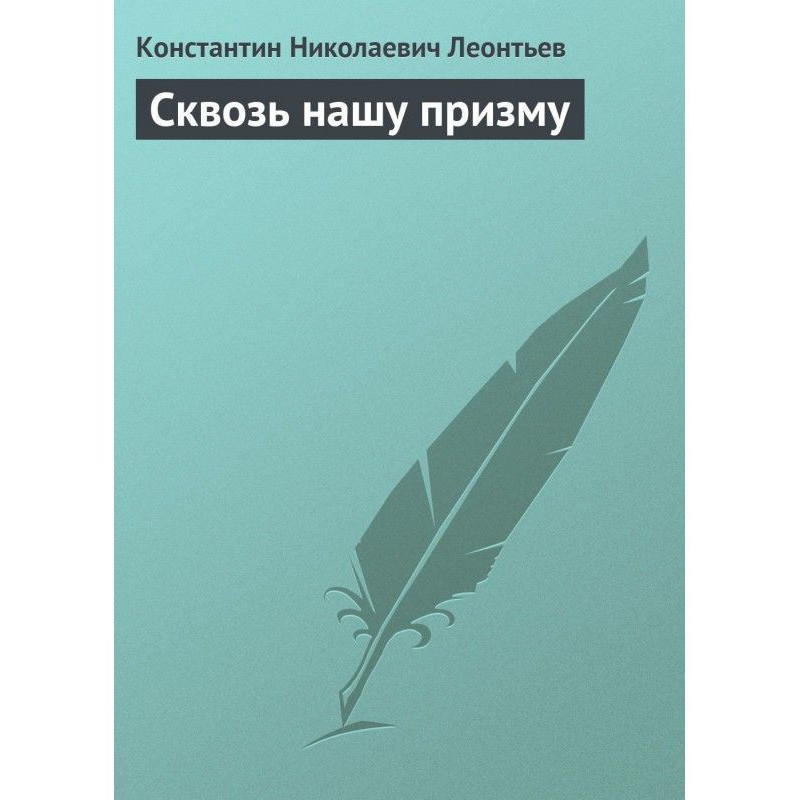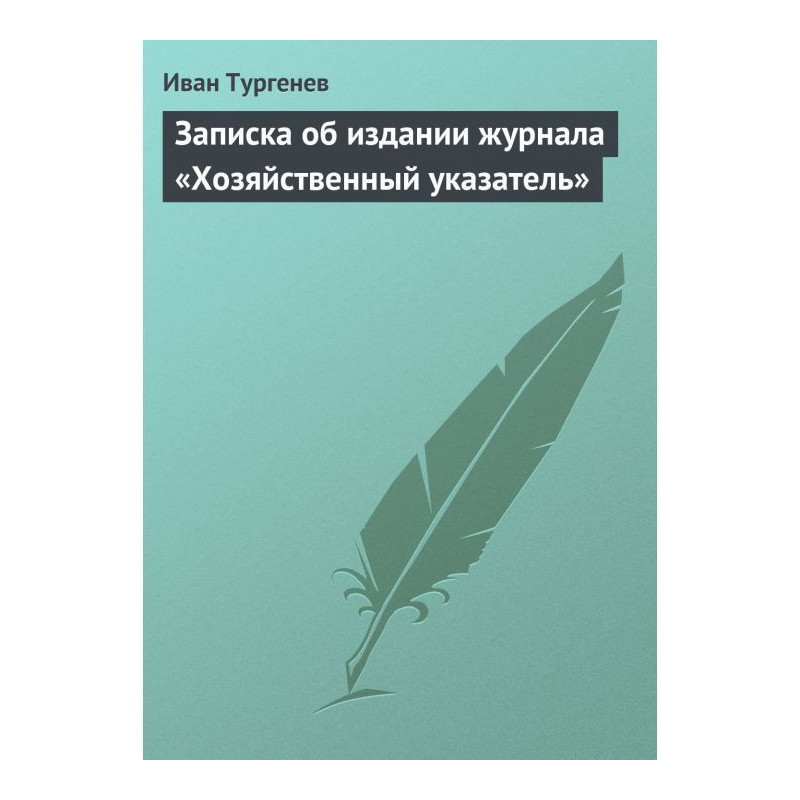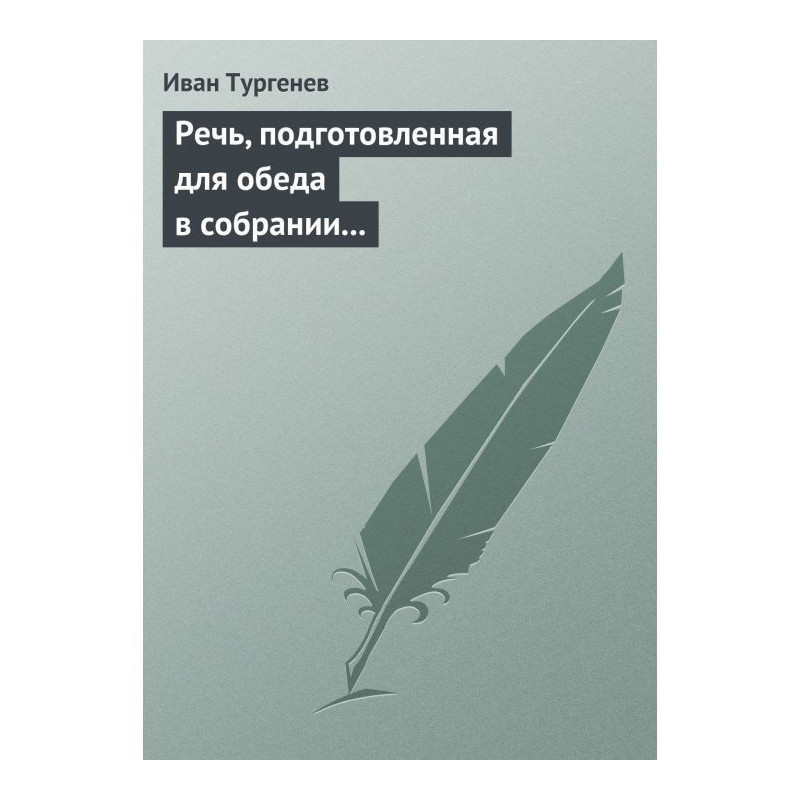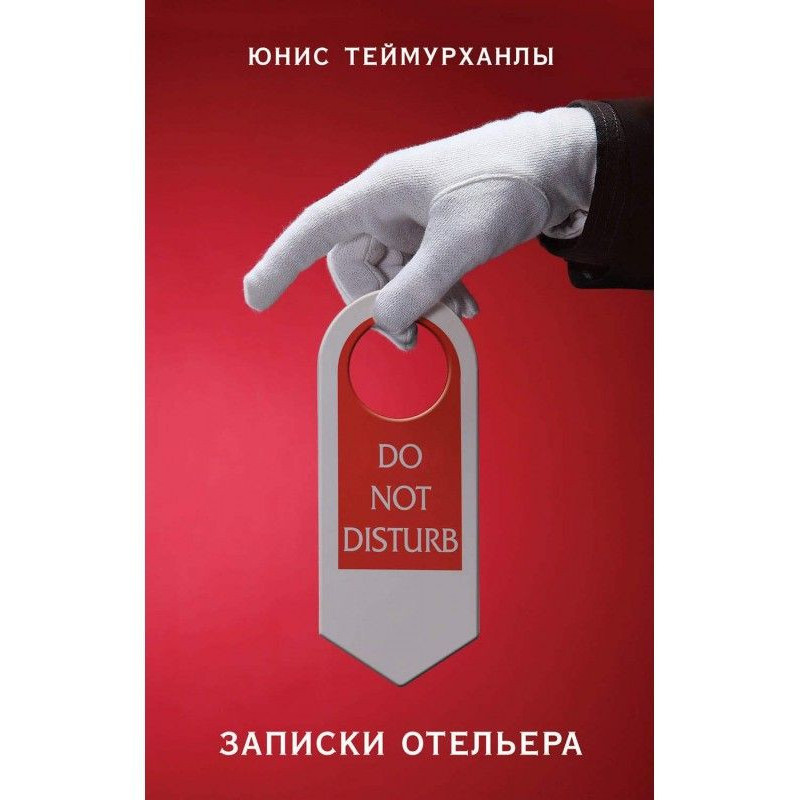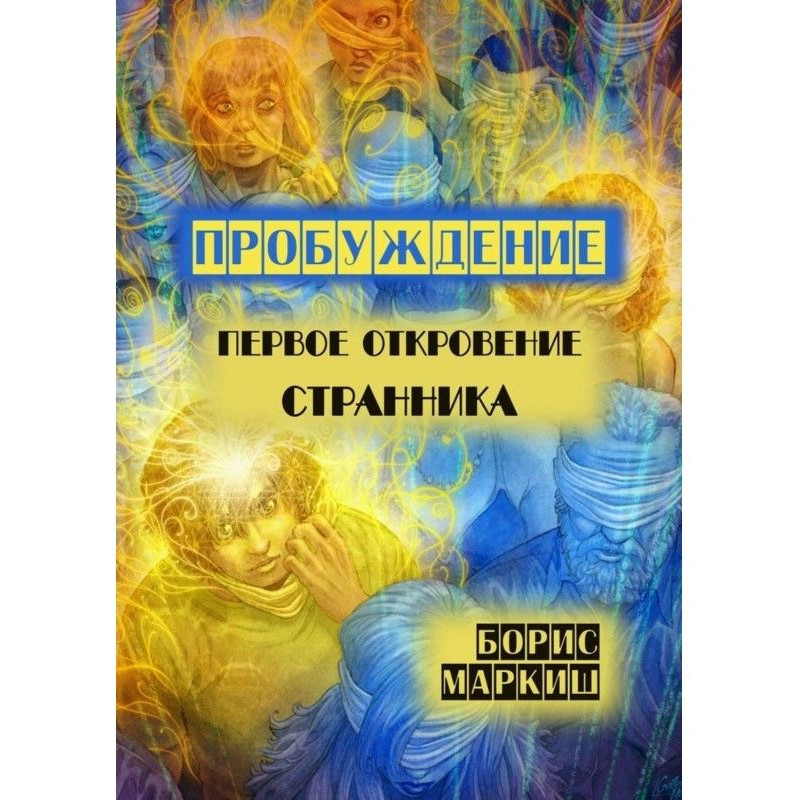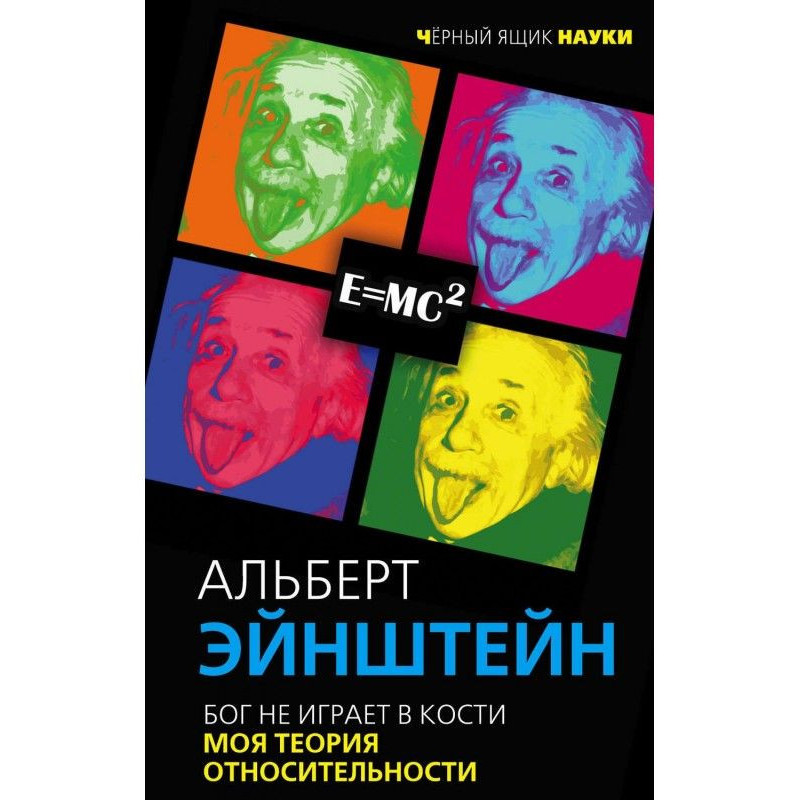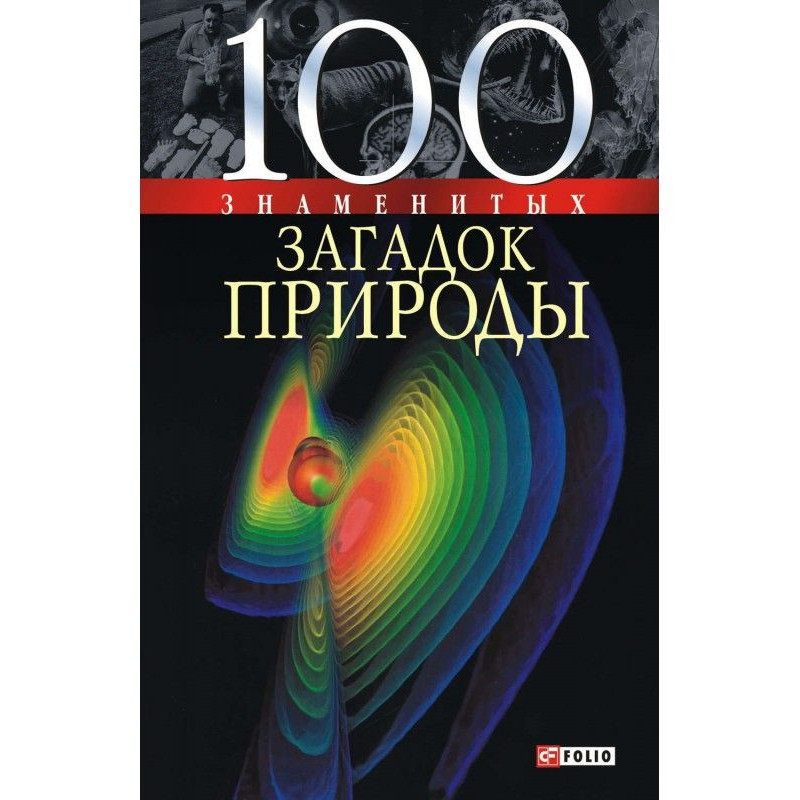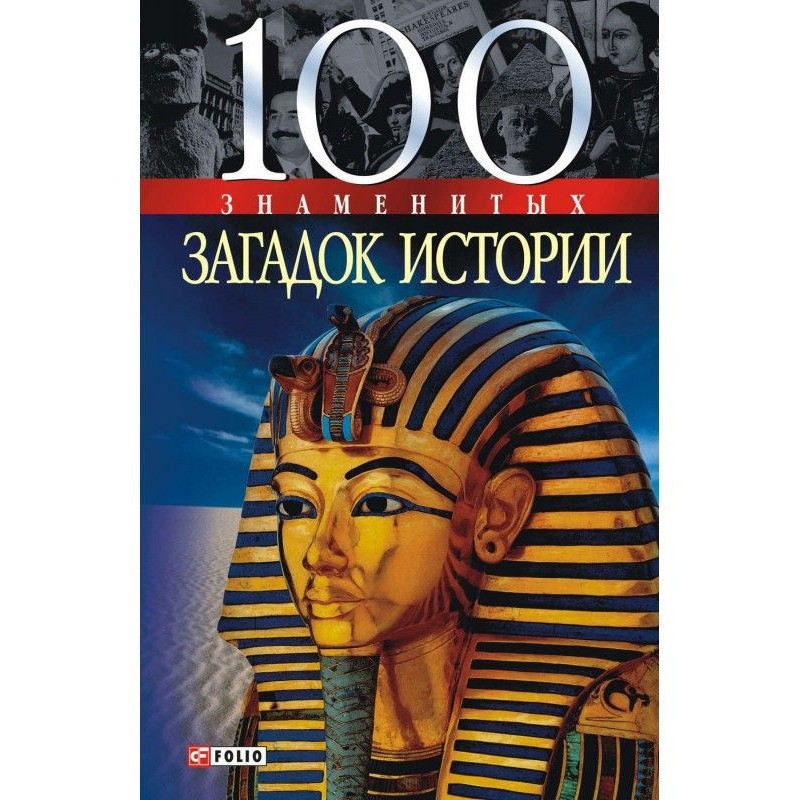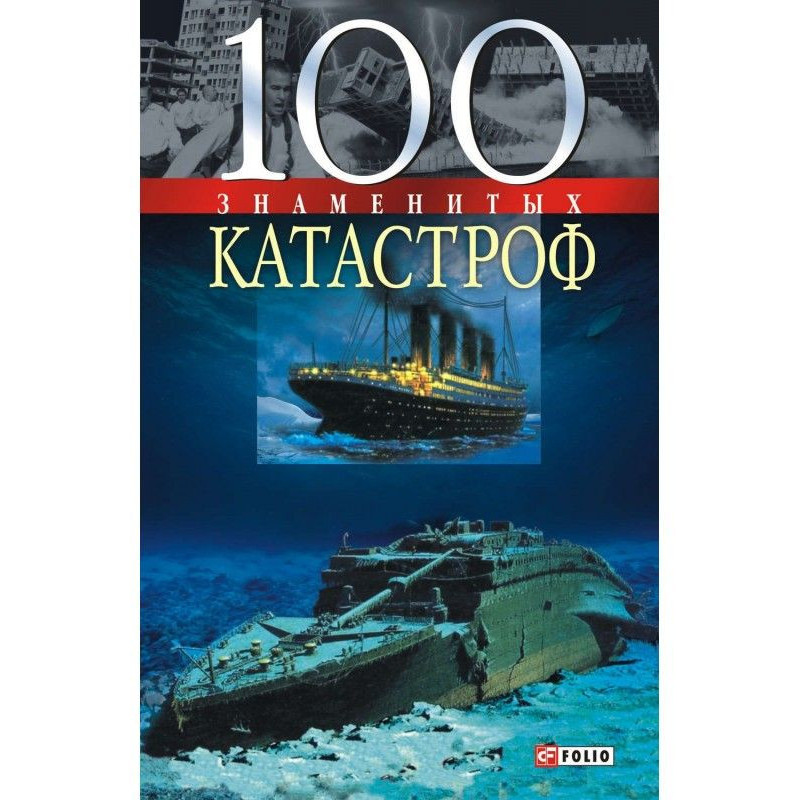Enslaved Mind
 Instant download
Instant download
after payment (24/7)
 Wide range of formats
Wide range of formats
(for all gadgets)
 Full book
Full book
(including for Apple and Android)
The book of the outstanding Polish poet and thinker Czeslaw Milosz “The Enslaved Mind” - long before Milosz was awarded the Nobel Prize in Literature (1980) - made his name widely known in Western countries. Milosz wrote this book in exile. In 1953, it was published in Paris in Polish and French, in the same year a German edition and several English-language editions appeared (in London, New York, Toronto), and soon Italian, Swedish and others. The book was smuggled into Poland for many years, read secretly, and published in Polish samizdat. Having ceased to be a sensation in the West and forbidden fruit in our East, the book became a classic of political and philosophical journalism. The title, theme, genre and style of the book are correlated with the traditions of Swift, Montesquieu, Voltaire, with the traditions of the 18th century, the Age of Reason. Milos calls his book a treatise, or more precisely, a treatise-pamphlet. The depth of thought is combined with the brilliance of wit. Milosz focuses on the fate of intellectuals, especially writers, in the 20th century, the century of totalitarianism, the century of enormous mental pressure on thinking people. The book treats this through the example of the situation of Eastern European intellectuals subjected to the pressure of totalitarian ideology. The fate of the book, read voraciously over the next fifty years in various countries, showed that interest in this book does not wane.
Data sheet
- Name of the Author
- Чеслав Милош
- Language
- Ukrainian
- Release date
- 2003
- Translator
- Владимир Львович Британишский
Reviews
Вражаюча глибина та актуальність
Книга Чеслава Мілоша «Поневолений розум» є справжнім шедевром, який не лише розкриває складнощі життя інтелектуалів у часи тоталітаризму, але й піднімає важливі питання про свободу думки та особисту відповідальність. Автор, використовуючи блискучі метафори та дотепні спостереження, створює потужний трактат, що змушує читача задуматися над долею мислячих людей у світі, де панує тиск ідеологій. Мілош вміло поєднує філософські роздуми з особистими переживаннями, що робить текст не лише інтелектуально насиченим, але й емоційно резонируючим. Читання цієї книги - це не просто знайомство з думками великого поета, а й можливість зануритися у світ, де свобода слова та думки є справжнім скарбом. Рекомендую всім, хто цінує глибоку літературу та прагне зрозуміти складні аспекти людської природи в умовах соціального тиску.

